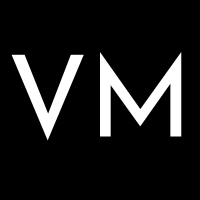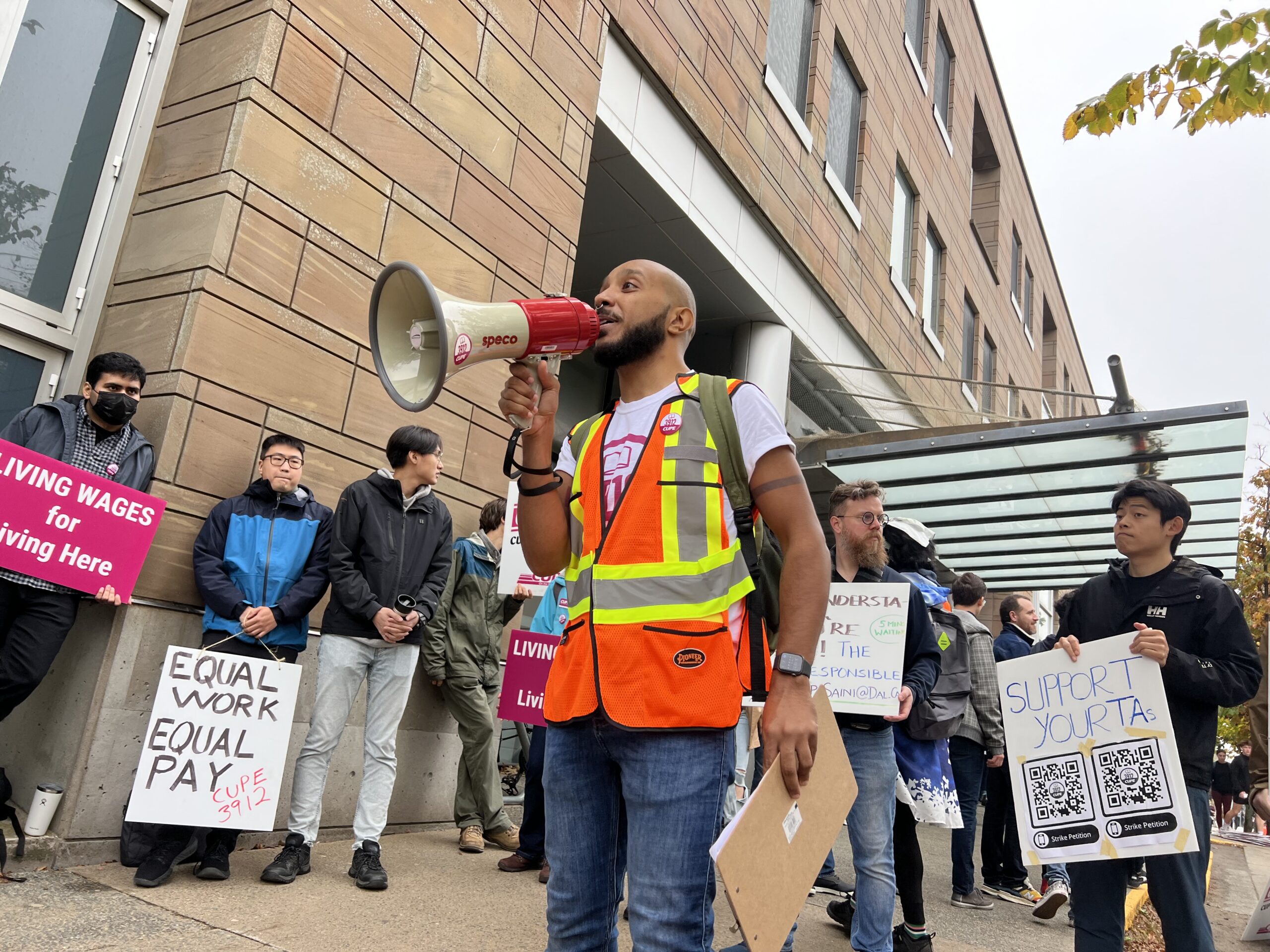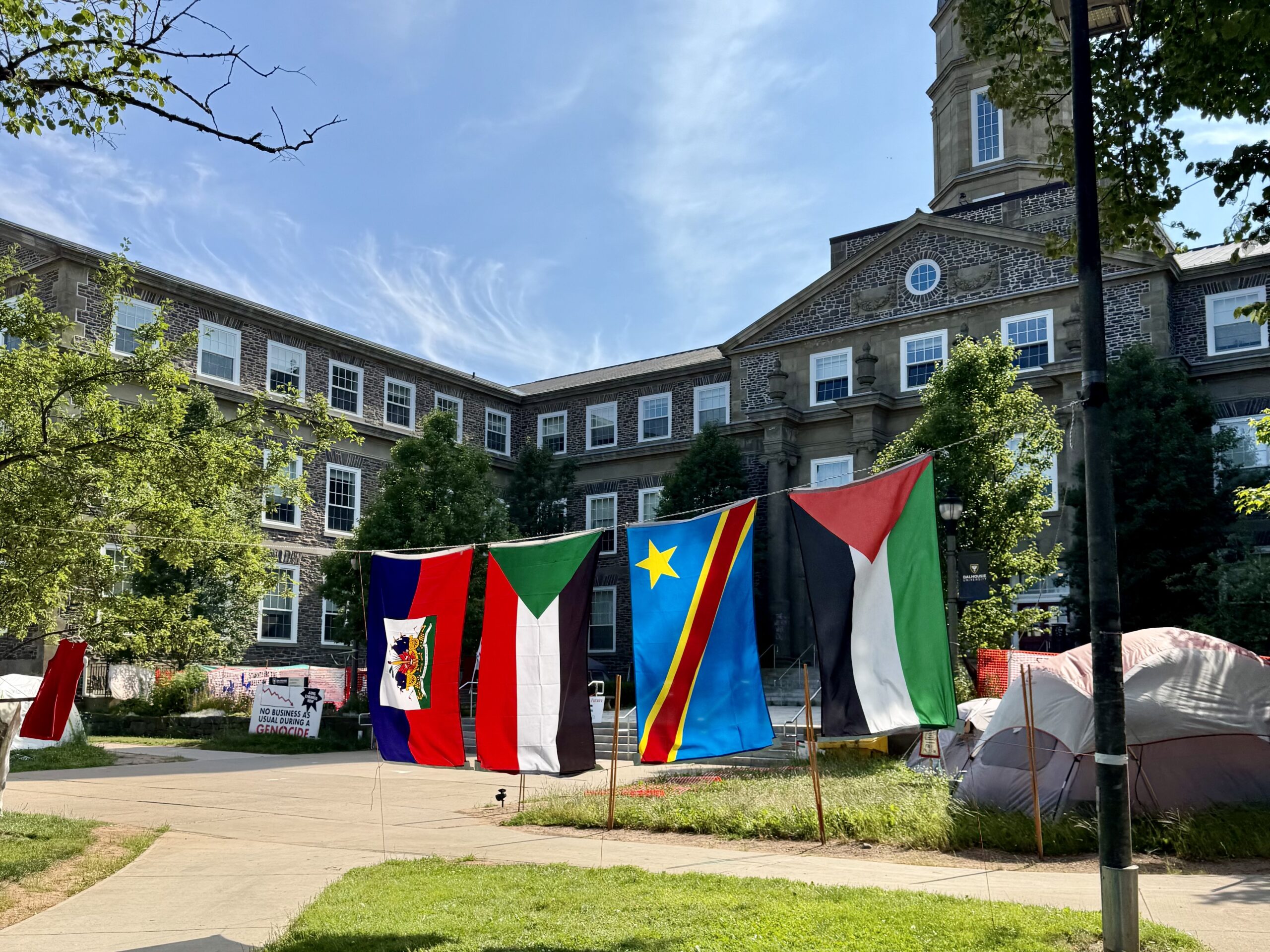There is a particular kind of exhaustion that comes from being invited into a space only to realize that your presence was the priority, not your voice. The expectation was that you would show up, fill the quota, sit on the panel, make the institution look good—without challenging its structure, without demanding more than what was already decided.
I have been in these spaces too many times to count. I have watched institutions that claim to care about Black voices, queer voices, abolitionist voices drain the life out of people who enter them believing, against all odds, that they might be able to create change from within. Universities, funding bodies, social work organizations, community initiatives—they all know how to position themselves as inclusive. They know the language of equity and representation. They know how to craft the right optics. But when we speak, when we name the contradictions, when we refuse to be flattened into their diversity statements, they make it clear: our labour is welcome, but our voices are not.
It is never just one moment. It is a pattern. A structure. A way that institutions operate to extract what they need from Black thinkers, activists, and community workers while maintaining control over the spaces they claim to open up for us.
The Many Forms of Institutional Extraction
In universities, it looks like being invited to speak on “diversity and inclusion” panels, but never being asked to lead research that critiques the institution itself. It looks like racialized scholars being pushed into unpaid emotional labour—mentoring students, chairing equity committees, doing the messy relational work of care—while white colleagues focus on their research without the added burden of proving their value. It looks like funders celebrating Black scholarship in their marketing materials but only financing projects that do not threaten their power.
In social work and community organizations, it looks like Black and Indigenous practitioners being called on to educate white professionals on anti-racism while working within systems that refuse to meaningfully change. It looks like organizations that parade their commitment to decolonization, trauma-informed care, and community leadership, while maintaining the same hierarchical, settler-colonial structures that prevent Black and Indigenous workers from exercising real decision-making power. They want our knowledge, our cultural competency, our ability to reach the communities they claim to serve. But when we ask for autonomy, self-determination, or actual redistribution of power, they ghost.
Even in ballroom and grassroots spaces, the pattern repeats itself. I have seen corporations, brands, and even queer organizations tokenize ballroom culture while offering nothing in return. They will sponsor a ball for optics but never fund the survival of the community. They will parade ballroom as a symbol of queer liberation, yet ignore the material conditions of Black queer and trans people beyond the performance. Major brands will put ballroom performers in ad campaigns, yet pay them a fraction of what they give white queer influencers. They will co-opt our language while refusing to invest in the spaces that sustain us. They want the spectacle, not the politics. They want the culture, not the care. They will use the language of “house” and “family,” but their investment stops the moment the cameras turn off.
The Cost of Being Seen But Not Heard
The cost of this is not just burnout, alienation, or frustration—though it is all of those things. It is the weight of being asked to perform expertise without being given the tools to enact it. It is being invited into a room only to realize that your presence is symbolic, not transformative. It is the slow realization that these institutions were never designed to hold us fully, only to extract what is useful before discarding the rest.
This is how institutions make us question our own instincts—by making us believe that if we just advocate harder, just soften our words, just play the game a little longer, we might be able to shift something. But that shift never comes. Instead, we exhaust ourselves in a system that only rewards our presence when it is convenient, and punishes us when it is not.
For a long time, I thought the answer was to demand more from these institutions—to advocate, to push back, to make them understand that inclusion without power is meaningless. But I have learned that institutions are not built to listen. They are built to extract. They are built to absorb critique without transformation. And so the question is not how we make them see us, but how we decide where to place our energy.
Choosing Refusal Over Extraction
Refusal is a skill. It is an act of survival. It is learning to recognize the spaces where our work will be extracted and discarded and choosing, instead, to build elsewhere. It is understanding that we are not bridges to institutional legitimacy—we are architects of something entirely different. It is naming the harm without softening it, without waiting for an invitation to be palatable. It is leaving the table when the meal was never meant to sustain us.
I no longer waste my time trying to be heard in places that have already decided what they are willing to hear. Institutions will always seek our labour, but we get to decide where we give our energy. Our work belongs to us—not to the systems that refuse to listen.


